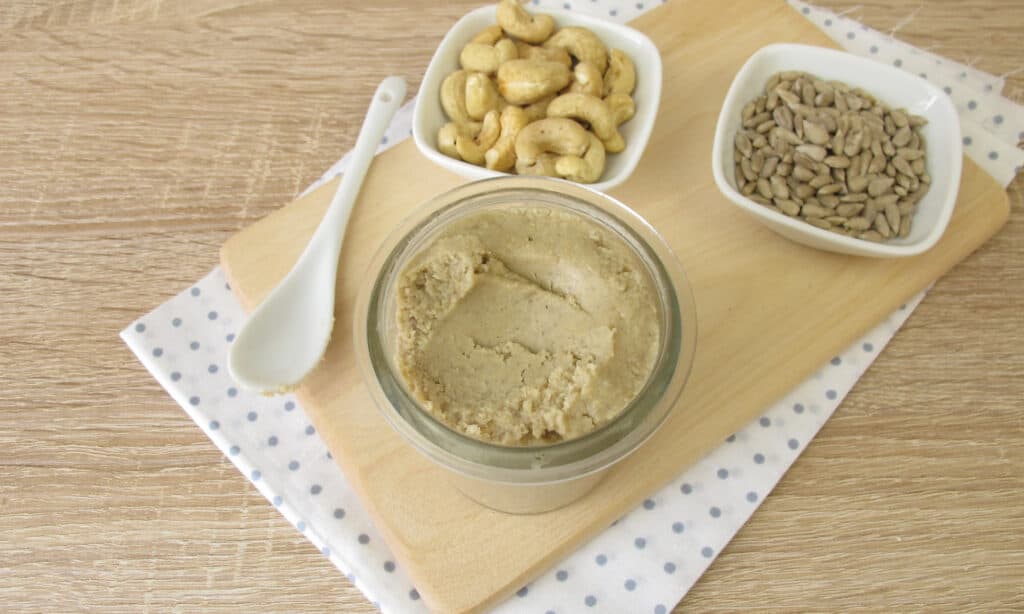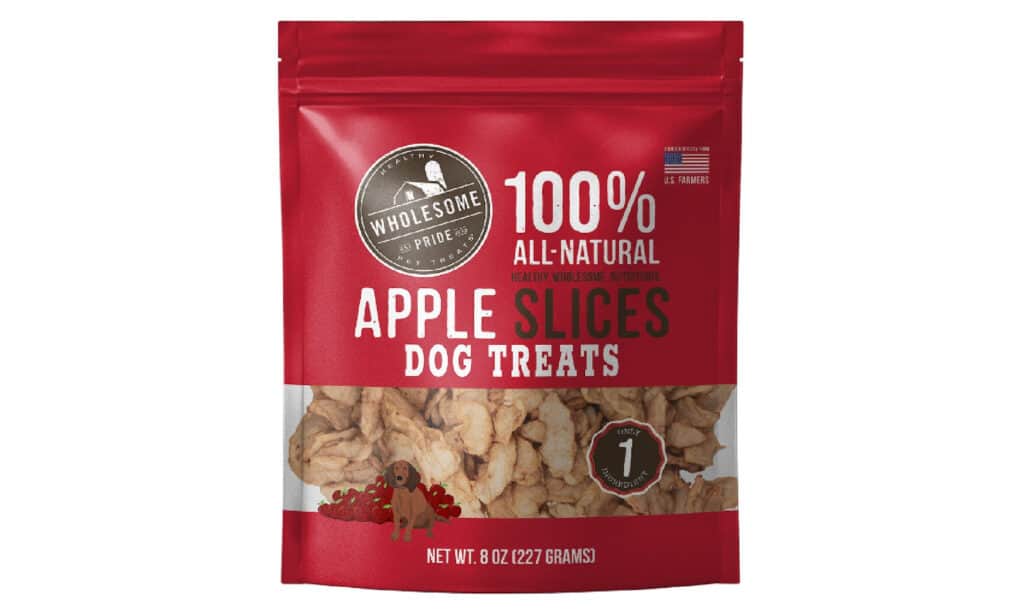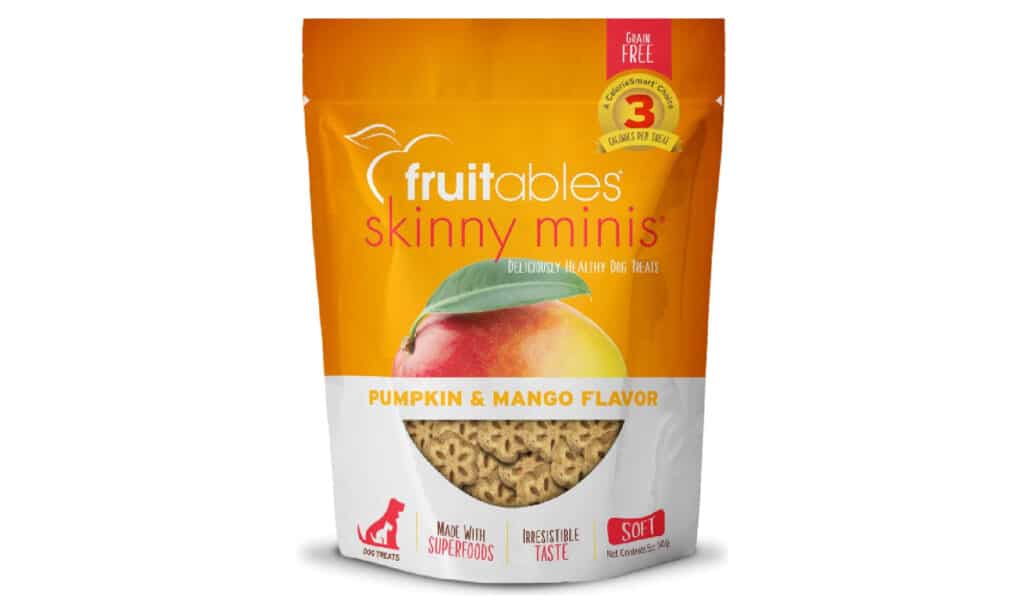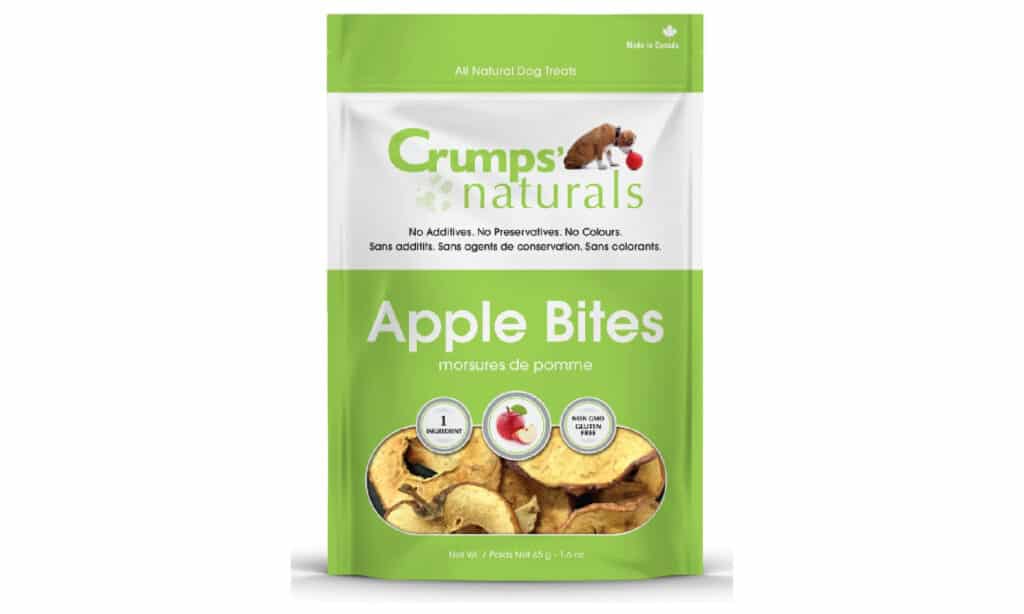If you’re a dog owner, you may have wondered can your dogs eat sunflower butter as a treat. Sunflower butter, also known as sunflower seed butter or sunbutter, is a popular alternative to peanut butter and is often used as a spread or ingredient in various recipes.
However, when it comes to our canine companions, it’s important to be cautious about what we feed them. While some human foods are safe for dogs to consume in moderation, others can be harmful or even toxic to their health.
In this blog, we’ll explore whether or not dogs can safely eat sunflower butter. We’ll take a closer look at the nutritional content of sunflower butter, potential health benefits and risks, and tips for feeding it to your dog. So, if you’re curious about adding sunflower butter to your pup’s diet, keep reading!

What Is Sunflower Butter?
Sunflower butter, also known as sunflower seed butter or sunbutter, is a spread made from ground-roasted sunflower seeds. It has a similar texture and taste to peanut butter, but is nut-free, making it a popular alternative for those with nut allergies.
Sunflower butter is often used as a spread on toast, crackers, and sandwiches, or as an ingredient in recipes such as smoothies, baked goods, and sauces. It’s a good source of protein, healthy fats, and vitamins and minerals such as vitamin E, magnesium, and selenium.
In addition to being nut-free, sunflower butter is also vegan and gluten-free, making it a versatile option for people with dietary restrictions or preferences. It’s readily available at most grocery stores and can also be easily made at home using a food processor or blender.
Can Dogs Eat Sunflower Butter?
So, if you’re a dog owner and wondering whether it’s safe to give your furry friend some sunflower butter, the answer is yes, but in moderation. Sunflower butter can actually provide some health benefits for dogs, like protein, healthy fats, and vitamins and minerals, which can help support their overall health.
However, it’s important to keep in mind that sunflower butter should not be the main source of nutrition for dogs and some dogs may have an allergic reaction to sunflower seeds. So, it’s best to introduce sunflower butter slowly and monitor your dog for any signs of an allergic reaction.
Also, when choosing a brand of sunflower butter, make sure it doesn’t contain any harmful ingredients like xylitol, chocolate, or raisins. Sunflower butter should be given as a treat and not as a substitute for their regular food.
As always, if you have any concerns about giving sunflower butter to your dog, it’s best to check with your veterinarian first. They can give you personalized advice based on your dog’s health needs and dietary requirements.

Harmful Ingredients in Sunflower Butter:
Generally, sunflower butter is a safe and healthy treat for dogs, but it’s important to choose a brand that does not contain any added ingredients that can be harmful to them. Some sunflower butter brands may include harmful ingredients such as xylitol, chocolate, or raisins.
Xylitol is a sweetener that is toxic to dogs and can cause a rapid insulin release, leading to hypoglycemia (low blood sugar) and liver failure. Chocolate contains theobromine, a compound that can be toxic to dogs in large quantities and cause symptoms like vomiting, diarrhea, seizures, and even death. Raisins, meanwhile, can cause kidney failure in some dogs.
To keep your dog safe, always check the ingredient list on the sunflower butter jar and make sure it does not contain any harmful ingredients. If you’re unsure, it’s always a good idea to consult with your veterinarian before giving any new food or treat to your dog.
Safe Ingredients in Sunflower Butter:
Sunflower butter is a great treat option for dogs as it contains only one ingredient – roasted sunflower seeds. These seeds are safe and healthy for dogs and provide them with protein, healthy fats, and essential vitamins and minerals like vitamin E, magnesium, and selenium.
However, it’s important to be cautious when selecting a sunflower butter brand for your furry friend. Some brands may add harmful ingredients like xylitol, chocolate, or raisins which can cause health issues like hypoglycemia, liver failure, and kidney failure in dogs.
While some sunflower butter brands may contain a small amount of salt or sugar for flavor, excessive amounts can be harmful to dogs. Therefore, it’s best to choose unsweetened and unsalted sunflower butter if possible.
Remember, moderation is key when feeding your dog sunflower butter as it should not be a replacement for their regular food. As always, it’s best to check with your veterinarian before introducing any new food or treat into your dog’s diet, especially if they have any pre-existing health conditions.

What Signs To Watch For If Your Dog Accidentally Ate A Lot of Sunflower Butter?
If your dog accidentally eats a lot of sunflower butter, there are a few signs you should watch out for that may indicate a problem. These include vomiting, diarrhea, lethargy, loss of appetite, and signs of an allergic reaction like itchiness, swelling, or difficulty breathing.
It’s important to keep an eye on your dog and monitor them closely if you notice any of these signs. Contacting your veterinarian is a good idea if the symptoms persist or worsen. In some cases, they may recommend treatment or medication to help your dog feel better.
Remember, while sunflower butter is generally safe for dogs, it’s always a good idea to feed it to them in moderation and check for any added ingredients that could be harmful to their health.
When or If You Should Go To The Vet?
If you notice any signs or symptoms that your dog has eaten too much sunflower butter or is having an adverse reaction, it’s important to keep a close eye on them and reach out to your veterinarian if their symptoms persist or worsen.
Your veterinarian can help determine if your dog needs to come in for an examination and recommend the best course of action based on their symptoms. If your dog is experiencing distressing symptoms like vomiting, diarrhea that persists for more than a day, lethargy, loss of appetite, or signs of an allergic reaction such as swelling or difficulty breathing, it’s important to take them to the vet for an evaluation.
Remember, it’s always better to be safe than sorry when it comes to your dog’s health. Seeking veterinary advice can help prevent any potential health issues and provide guidance on the best course of action to help your furry friend feel better.
Safe Dog-Friendly Alternative to Sunflower Butter:
If you’re looking for a safe dog-friendly alternative to sunflower butter, there are a few options to consider:
Peanut butter: Peanut butter is a popular and safe alternative to sunflower butter for dogs. Just be sure to choose a brand that does not contain xylitol, a sweetener that is toxic to dogs.
Almond butter: Almond butter is another safe option for dogs, but like peanut butter, it should be unsweetened and free of xylitol.
Coconut oil: Coconut oil is a healthy and tasty alternative to nut butters. It’s high in medium-chain fatty acids, which can provide several health benefits for dogs.
Pumpkin puree: Pumpkin puree is a nutrient-rich and low-calorie alternative to nut butters. It’s high in fiber and vitamins and can also help with digestion.
Remember, moderation is key when feeding your dog any kind of treat, including nut butters or alternatives. Be sure to check with your veterinarian if you have any concerns about your dog’s diet or if they have any health conditions that may require specific dietary restrictions.
Healthy Store-Bought Options:
To sum it up, sunflower butter can be a great treat for dogs as long as it’s given in moderation and with the right precautions. It contains lots of healthy nutrients and can make for a tasty snack. However, it’s important to make sure that the brand you choose doesn’t contain any harmful ingredients, and to start small when introducing it into your dog’s diet.
If you’re not sure if sunflower butter is a good option for your dog, talking to your veterinarian can help you determine if it’s the right choice. They can give you personalized advice based on your dog’s health needs and dietary restrictions.
If sunflower butter isn’t right for your dog, there are plenty of other safe and tasty alternatives available, like peanut butter, almond butter, coconut oil, and pumpkin puree.
Just remember, treats should always be given in moderation and as part of a balanced diet. With a little bit of experimentation, you can find the perfect treat for your furry friend that they’ll love and that will help keep them healthy and happy.
~Lindsie



